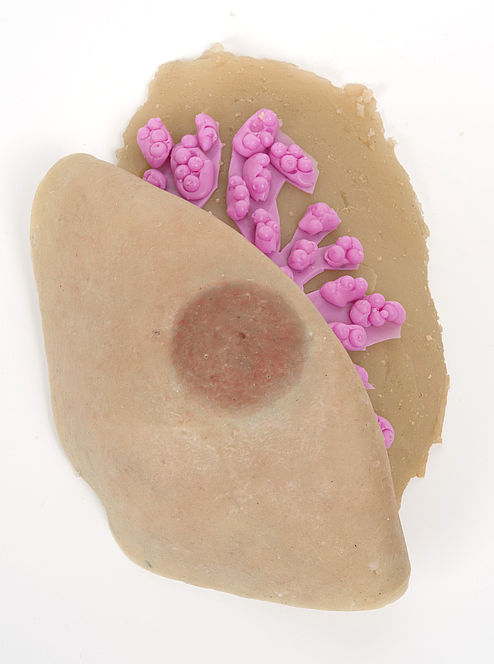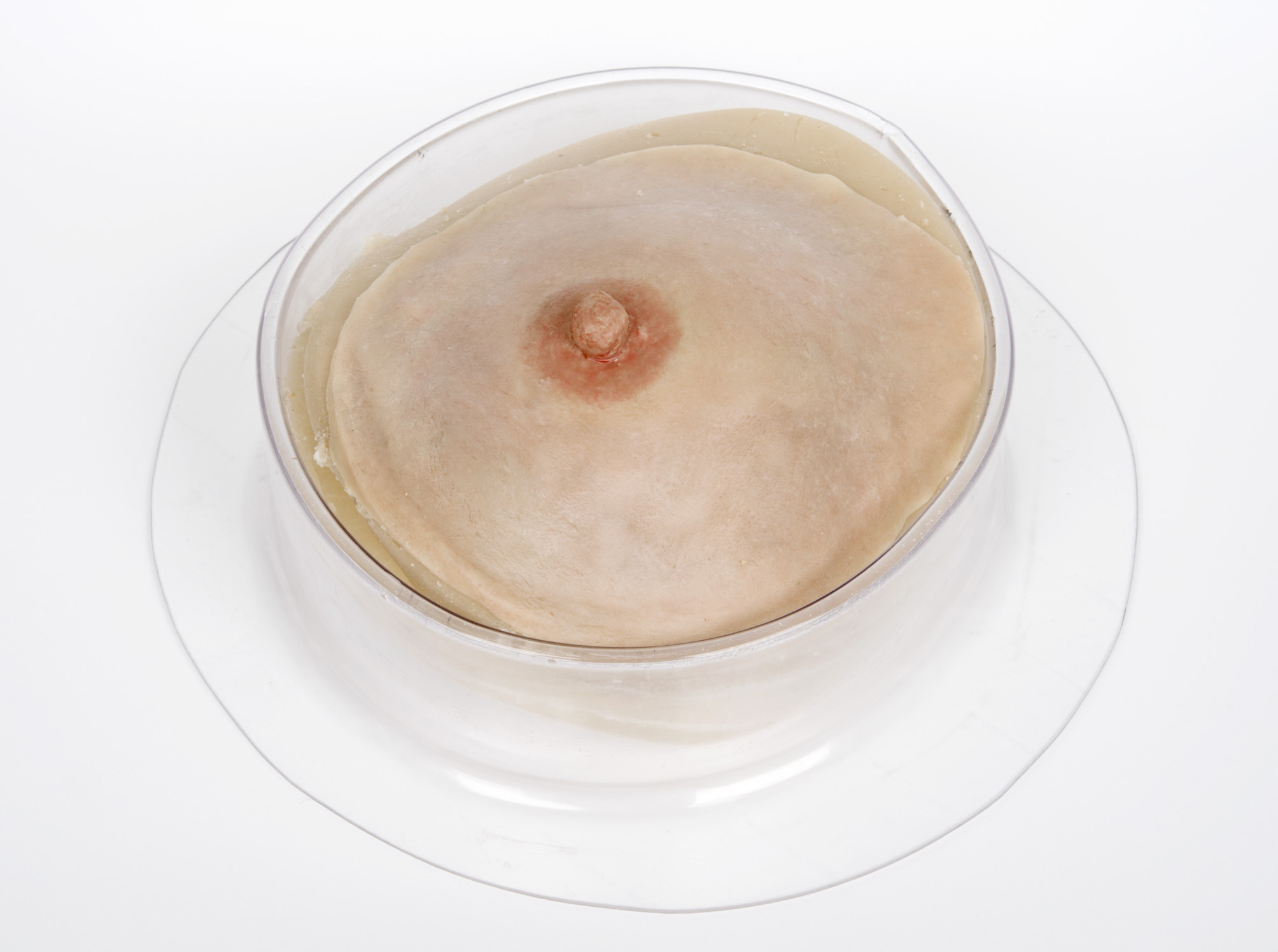Early detection simulation model for breast cancer
This project involves the development of tactile correct (bio-fidelic) teaching models to train medical staff on Clinical Breast Examination (CBE). The models should provide a range of normal breasts that feel authentic. Introduction of complex pathology provides varied and complex scenarios for breast lump palpation.
Goals of the project
The goal of this project is to teach CBE to students and health professionals to improve their competency and confidence in diagnosing breast pathology. The correct management of palpable breast pathology maximises the use of resources and improves patient outcomes. To know what is abnormal, students need to first learn what is normal. To teach this we are developing a range of complex models to represent normal human variation of the breast that looks and feels authentic. To provide a life-like look and feel the models require:
an anatomically correct torso; a multi-layered soft breast construction and palpable anatomical features including normal nodularity and a rib cage. Pathology, including benign breast disease and tumors, needs to be included in the teaching package and physical models.


Researchers
Partners
- Dr Melissa Bochner, Royal Adelaide Hospital, Australia
- Professor Harry Owen, Flinders University School of Medicine, Australia
